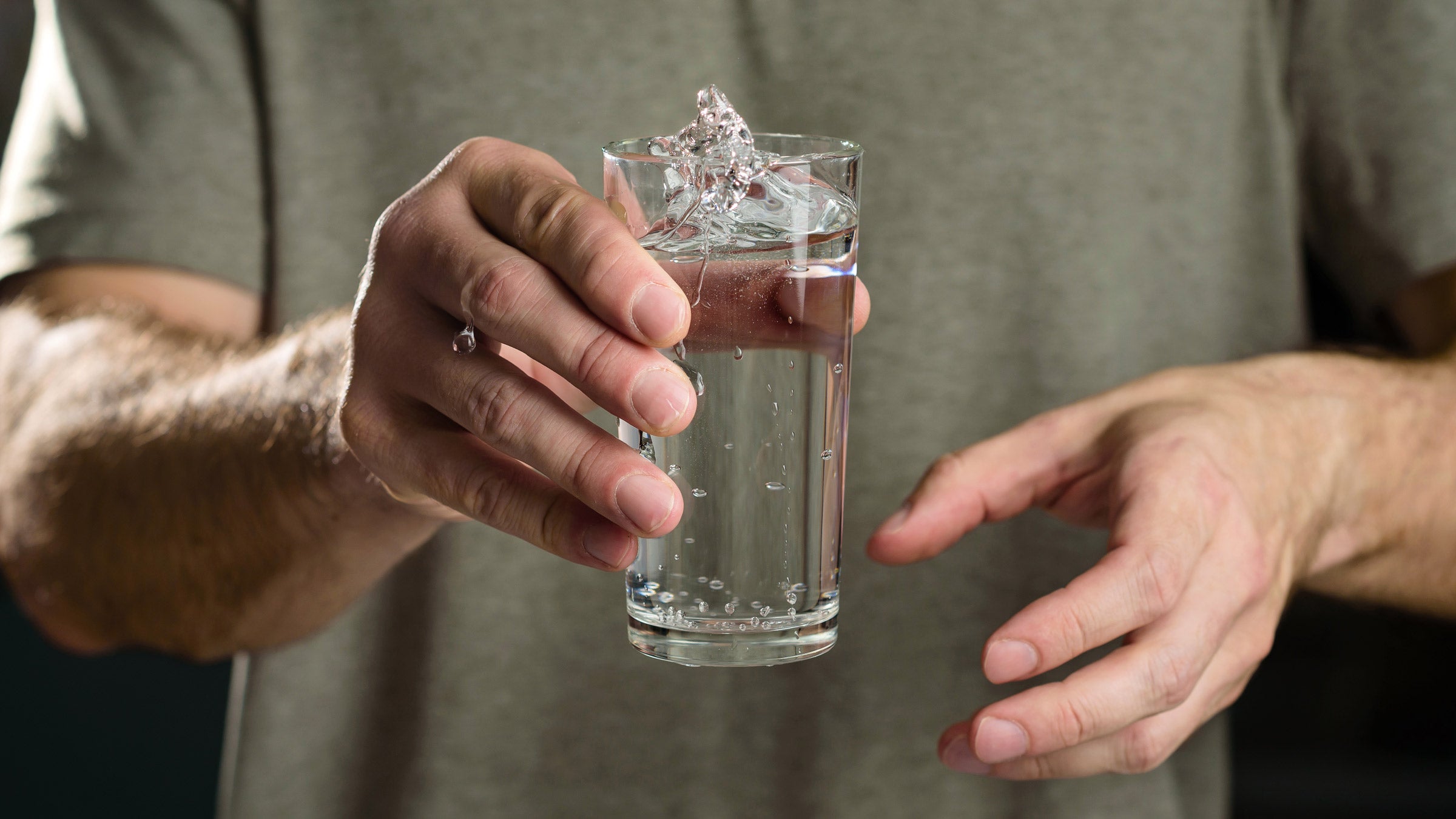As a person with diabetes, you may have heard conflicting opinions about fruit juice. Some people say it’s a healthy choice, while others warn that it’s full of sugar and should be avoided. So, what’s the truth? Is fruit juice good or bad for people with diabetes?
The answer is a bit complicated. While fruit juice can be a source of vitamins and nutrients, it can also be high in sugar and calories, which can be a problem for people with diabetes. Let’s take a closer look at the pros and cons of fruit juice for diabetics.
The Pros and Cons of Drinking Fruit Juice for Diabetics
The Pros:
Vitamins and Nutrients: Fruit juice can be a good source of vitamins and nutrients. For example, orange juice is high in vitamin C, while pomegranate juice is a good source of antioxidants. Some fruit juices also contain fiber, which can help regulate blood sugar levels.
Convenient and Easy to Consume: Fruit juice is an easy and convenient way to consume fruits, especially for people who have difficulty eating whole fruits.
Hydration: Drinking fruit juice can help you stay hydrated, which is important for overall health.
The Cons:
High in Sugar: Fruit juice can be high in sugar, which can cause blood sugar levels to spike. For example, a glass of orange juice contains about 24 grams of sugar, which is equivalent to six teaspoons.
Low in Fiber: Most fruit juices are low in fiber, which is an important nutrient that can help regulate blood sugar levels.
High in Calories: Fruit juice can be high in calories, which can contribute to weight gain, a risk factor for diabetes.
So, What’s the Verdict?
In general, it’s best for people with diabetes to consume whole fruits instead of fruit juice. Whole fruits contain fiber, which can help regulate blood sugar levels, and are generally lower in sugar and calories than fruit juice. If you do want to consume fruit juice, it’s important to do so in moderation and to choose juices that are low in sugar and calories. You can also try diluting your juice with water or adding sparkling water to reduce the sugar content.
How Does Fruit Juice Affect Blood Sugar?
The sugar-loaded fruit juices can cause a remarkable spike in blood glucose levels and can increase the risk of hyperglycemia.
Glycemic index (GI) is the ranking of carbohydrates in the food according to how they affect the blood glucose levels. Generally, a low GI of less than 55 is the most preferred choice of food for diabetics.
The main sugar present in fruit juice is called fructose. Fructose is processed in the liver and research suggests that a diet high in fructose burdens the liver, leading to problems such as non-alcoholic fatty liver disease and diabetes.
Therefore, overconsumption of fruit juices or taking fruit juice in addition to a high sugar diet may increase the risk of health issues.
For instance, orange juice scores between 66-76 and falls under a high GI drink. High GI foods and drinks should be avoided by the diabetics to keep their sugar levels under control.
Fruit juices can be beneficial in treating a person who is hypoglycemic to rapidly raise their blood sugar levels.
Whole Fruit Is A Better Option Than Fruit Juice It is always better to take whole fruit than fruit juice, as the soluble fibre in fruit aids in improving digestion and slows the rate of the rise in blood sugar, hence preventing risks of high blood sugar symptoms.
The key point is that the whole fruit is the preferred choice for diabetics, and to be taken in moderate amounts.
Diabetics can eat a guava, papaya, citrus fruits like orange, sweet lime and black plums.
Ways For Making Diabetes-healthy Juicing
Control Portion Size Well, focusing on portioning all carbs laden foods is a vital part of any diet plan aimed at regulating diabetes and juice is not an exception.
The recommended portion of a serving of 100% fruit juice is 0.5 cups or 120 ml. Also, paying attention to the total carbs consumed from juice in relation to the total amount of carbs consumed from other food throughout the day can help to maintain blood sugar levels.
Having foods that comprise other nutritional elements along with juice will provide a balanced nutrient composition to the overall diet and may help lower blood sugar surges.
Also, consider having a smoothie instead of a juice, so you don’t miss out on the dietary fibre. Though while making a smoothie with fruits and vegetables, the fibre is broken down, it’s still available in the final product. Thus, making it a more nutritionally balanced option compared to drinking juice.
Additionally, protein powder, healthy fat sources, and nuts can be easily added to smoothies to enhance their nutritional value and make a wholesome snack or meal.



